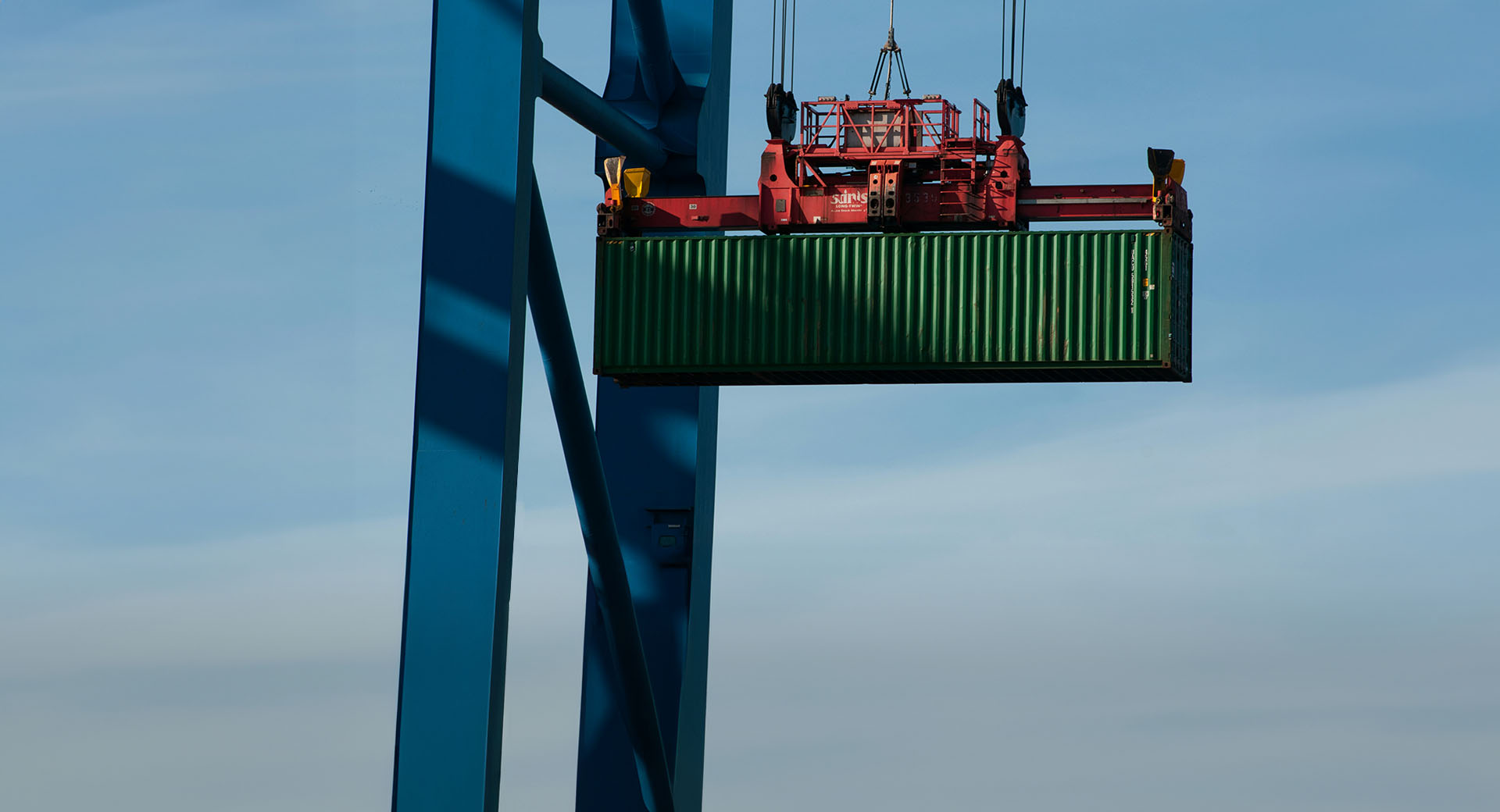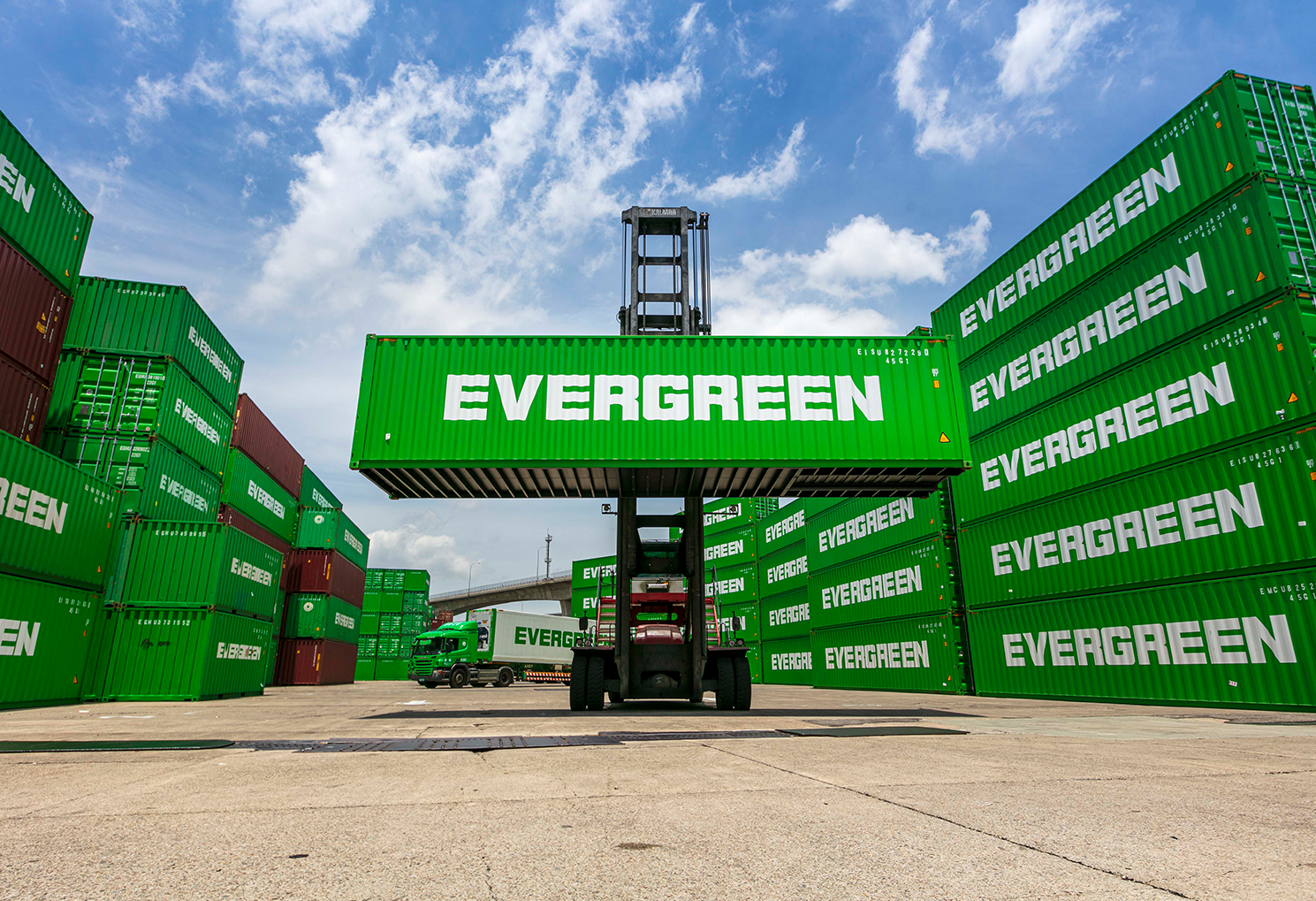In an increasingly digitalised world, do we actually need freight forwarders? Or is it possible to achieve an efficient, profitable, and sustainable logistics chain anyway? Based on years of knowledge and experience as a freight forwarder, here come my answers.
What is good logistics?
Before we get into the whole freight forwarder part, let us answer the fundamental question: What is good logistics? Based on my own experience in the shipping industry, my answer would be: It is all about understanding, knowing, supporting, and challenging the customer.
Good logistics is when you understand your customer and their business in the sense that you don’t think of their products as just boxes being moved from one place to another. But instead, you put yourself in your customer’s shoes to truly understand their needs and solve their problem. This is a relevant aspect of the freight forwarder’s role in an increasingly digitalised world.
Why do you need a freight forwarder?
One of the essential parts of being a freight forwarder is to act as an advisory partner. Based on my experience, shippers want to focus on their core business. They want to sell their shirts, smartphones or chairs – and leave everything else to me.
Shippers need a freight forwarder to provide expert knowledge and advise them on how to optimise their logistics; someone with insight in the shipping industry who can consult them on their shipping procedures or create a comprehensive logistics concept for their entire logistics chain with a focus on efficiency, profitability, and sustainability.
What is a freight forwarder, and what do they do?
Now, let us sort out what a freight forwarder actually is and does. A freight forwarder is a person or service provider equivalent to a travel agency that makes sure the shipper’s goods arrive at the end destination within the set time frame. However, a freight forwarder does not actually move any of the goods. So why do you need them? Especially when more logistics procedures are taken over by digitalised workflows and new technology?
Well, let me first exemplify how the logistics process typically looks for a freight forwarder like me, who works daily with ocean freight between China and the Nordic countries.

Once the goods have been produced at the factory in China and are ready to be shipped off, the shipper contacts Greencarrier Freight Services’ office in Shanghai with information about the shipment such as volume, weight, and the number of cargoes. We typically review the commercial invoice, export declaration, bill of lading and other documents of export, import, or transhipment.
We arrange for a vehicle to pick up the goods and, if there are full containers, we will transport them to the port of Shanghai and have them loaded directly onto a vessel. If it is a smaller volume of goods suitable for LCL, we will transport the goods to a terminal where they are combined into a consolidated shipment.
The goods then need to be cleared before being loaded onto the vessel and transported by sea to the port of Gothenburg. In the case of LCL, we will arrange for a vehicle to transport the goods to a terminal where the consolidated shipment is separated back into their original consignments. The goods need to be cleared once again, and finally, we arrange for transporting the goods by road to the end destination. There are often many different actors involved in the logistics chain from manufacturer, freight forwarder, and port operator to customs, shipping company, and carrier. However, my job as a freight forwarder goes far beyond just that.
The digitalisation of the shipping industry
Digitalisation is a fact, and new technology is rapidly changing the logistics landscape. Personally, I think digitalisation is amazing and see it as a magical complement to the human factor. The more that can be digitalised and allow a freight forwarder to have an advisory and supportive role towards the customer, the better.
However, I don’t think the world, as it is today, is entirely ready to be fully digitalised in terms of freight forwarding. There are still people involved in so many parts of the chain, so fully digitalising a forwarding service will be difficult. Because when something goes wrong – which does happen from time to time – you want someone to “hold your hand”.
With a digital procedure, you don’t have anyone to call when you need advice. And then there is also the part of what makes really good logistics: The understanding, knowing, supporting, and challenging the customer, which is so important in order to find the best solution based on the shipper’s needs.
I believe digitalisation will work perfectly the day AI controls all parts of the logistics chain. But we are not quite there yet. Until then, we freight forwarders are here to help you – your reliable, advisory and supportive logistics partner in thick and thin.
What do you think about all of this? Please, let me know in the comments! Also, listen to Greencarrier’s podcast Älska Logistik (in Swedish) where I speak more on the subject. And if you do need a freight forwarder, despite the digitalised world we live in, don’t hesitate to contact me. I am happy to help you out.




